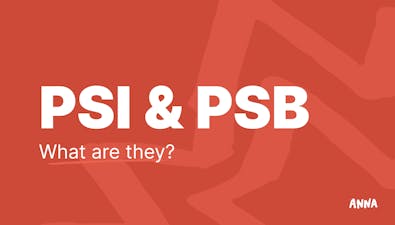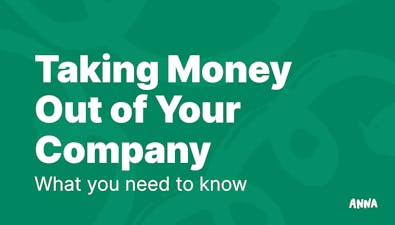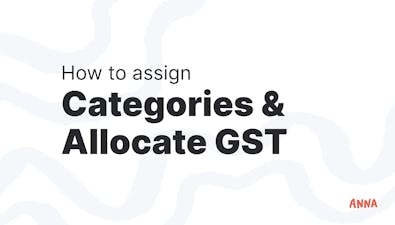
Can I Use My Personal Bank Account for My Small Business?


Learn whether you can use your personal bank account for your small business, including legal implications, benefits, and potential drawbacks.
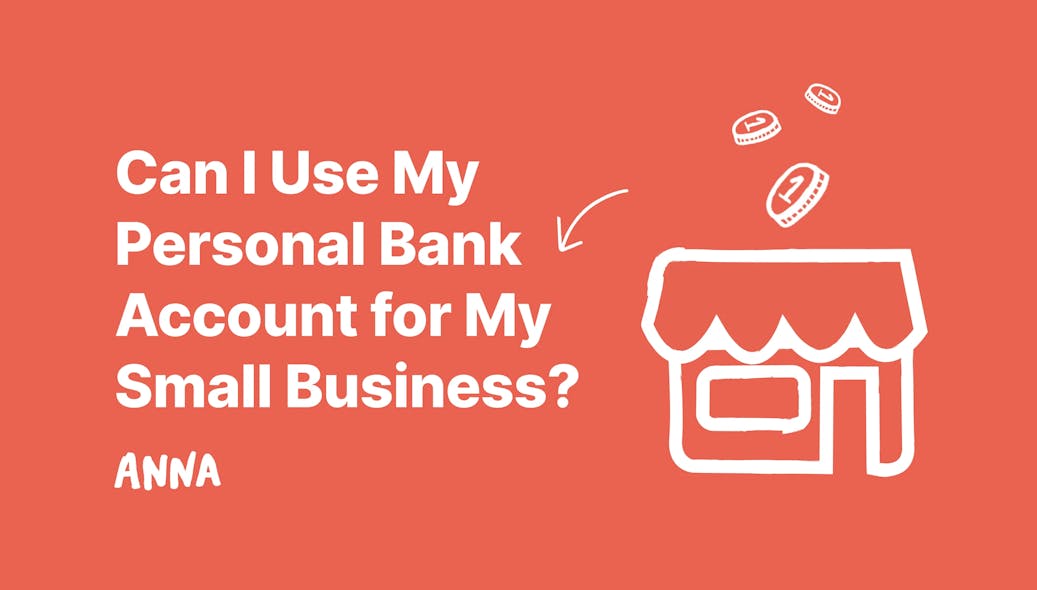
- In this article
- Sole Traders vs. Other Business Structures
- Why You Can Use a Personal Account (But Probably Shouldn’t)
- The Risks of Mixing Personal and Business Finances
- Enhancing Professional Image and Credibility
- Record Keeping and Tax Compliance Obligations
- The Bank’s Perspective: Terms and Potential Account Closures
- How a Dedicated Business Account Helps You Grow
- Obligations and Best Practices to Follow
- Final Thoughts
Australia’s small business field can be both exhilarating and challenging, especially when finances start flowing in.
Many new entrepreneurs wonder if they can simply stick to their personal bank account instead of opening a separate one.
It’s a common question, particularly among sole traders who see convenience in keeping everything in one place.
Yet, the pitfalls are significant and can involve everything from tax compliance to professional image.
In this blog post, we’ll explore the pros, cons, and best practices for managing business finances in Australia.
Sole Traders vs. Other Business Structures
When thinking about whether you can use your personal bank account for a small business, your business structure is the first factor to consider.
🔸 Sole Traders
- Legally allowed to mix personal and business funds, because the owner and the business are treated as the same entity.
- However, there’s no hard rule stating you must blend finances. You can open a separate account at any time.
- Even if it’s permissible, combining funds can lead to disorganisation.
🔸 Companies, Partnerships, and Trusts
- These entities are separate from their owners, which means they need dedicated bank accounts.
- If you operate in these structures without a proper business account, you risk falling out of compliance with tax regulations.
- Mixing personal and company funds can blur financial obligations and invite scrutiny from regulators.
💡 Key Takeaway: If you’re a sole trader, you’re not obligated to have a separate account but most accountants recommend it.
If you operate under a company, partnership, or trust, you’re generally required to keep your finances distinct.
Why You Can Use a Personal Account (But Probably Shouldn’t)
Some new entrepreneurs opt to run their business through a personal account simply because it feels easier at the start. There’s no additional paperwork, fewer fees to worry about, and no extra card to keep track of.
Yet, the simplicity can be deceptive. Banks often include clauses in their terms of service stating that personal accounts are intended for personal use. I
f they see business-related patterns (frequent transfers from clients, large sums deposited regularly) they may flag or even close your account.
You could also face a stressful hunt through statements at tax time, trying to figure out which expense was personal and which was business.
❗ Reasons why you shouldn’t rely on a personal account for business:
- Bank terms often prohibit commercial activity in personal accounts.
- Personal expenses can get accidentally claimed as business expenses (or vice versa).
- Frequent or large transactions might trigger an account review, leading to possible closure.
The Risks of Mixing Personal and Business Finances
Using one account for all your transactions might sound convenient, but problems often arise over time. Here’s what you could be risking:
🔸 Financial Confusion
- When everything lands in the same place, you can lose track of your true business performance.
- Essential metrics like profit margins and monthly income can be obscured by personal spending.
🔸 Complicated Tax Returns
- Splitting personal and business costs on a single bank statement is tedious.
- Mistakes can trigger audits or penalties, especially if the Australian Taxation Office (ATO) spots inconsistencies.
🔸 Loss of Professional Image
- Clients or suppliers may question your credibility if your banking details don’t align with a business name.
- This can be a stumbling block when trying to project seriousness or attract bigger opportunities.
🔸 Bank Account Closure
- Banks can freeze or shut down personal accounts they believe are used for business.
- The inconvenience of losing access to your funds can be devastating if payments to suppliers or employees are due.
Enhancing Professional Image and Credibility
From a business perspective, first impressions matter.
Imagine you send an invoice for event-planning services, and the bank details read “John Smith – Personal Account.” It may raise questions about the legitimacy or scale of your operation.
🔸 Benefits of a Dedicated Business Account:
- Clear Branding: Invoices and statements reflect your business name, reinforcing your credibility.
- Streamlined Accounting: Most popular accounting software can integrate directly, simplifying reconciliations.
- Easier Payment Tracking: Clients and suppliers see straightforward references to your business instead of personal references.
Record Keeping and Tax Compliance Obligations
The Australian Taxation Office doesn’t mandate that sole traders open a separate bank account, but it strongly advises doing so for clarity. This becomes even more critical when your business grows.
With a dedicated business account, you can:
- Keep track of your goods and services tax (GST) obligations more efficiently if you’re registered for GST.
- Easily create a cash book or digital equivalent, since every transaction in the account relates to the business.
- Produce clear evidence for potential audits, showing precisely where income and expenses originate.
Without that clarity, you might find yourself guessing which part of an Officeworks bill was for personal purchases versus inventory for the business.
Over time, these small mix-ups add complexity and potential pitfalls when lodging your Business Activity Statements (BAS) or annual returns.
The Bank’s Perspective: Terms and Potential Account Closures
Most Australian banks have strict guidelines on what personal accounts can be used for.
Their concerns often revolve around money laundering, fraud risks, and the need to comply with financial regulations.
If they notice high transaction volumes or frequent client deposits, they might:
- Freeze your funds temporarily while investigating.
- Demand an explanation for the pattern of activity.
- Close the account if they believe it violates the agreed-upon terms.
For small business owners, an account freeze can be disastrous, especially if you rely on those funds to pay for urgent expenses or vital inventory.
The peace of mind that comes with having a legitimate business account, recognised by the bank as such, can’t be overstated.
How a Dedicated Business Account Helps You Grow
A small hobby can turn into a significant revenue stream, sometimes faster than you anticipate. When that happens, you might need more advanced banking features that personal accounts simply don’t offer.
🔸 Advantages of a Business Account for Growth:
- Higher Transaction Limits: Companies or high-volume businesses often exceed typical personal account caps.
- Integrated Tools: Some business accounts come packaged with features like invoice management, merchant facilities, or direct links to accounting platforms.
- Establishing Credit: If you ever want a business loan, banks tend to look at the history of a business account. This helps them gauge your stability and creditworthiness.
Obligations and Best Practices to Follow
Even when you’re legally allowed to operate as a sole trader using your personal account, it pays to follow certain best practices:
🔸 Maintain Meticulous Records
- Use dedicated software or at least a spreadsheet to record all income and expenses.
- Keep digital or physical receipts to support each business transaction.
🔸 Track Your GST (If Applicable)
- Register for GST once your annual turnover exceeds the threshold.
- Maintain clear records showing how much GST you collect and pay.
🔸 Separate Funds Whenever Possible
- If you must stick to one account at first, consider transferring a set amount each month for personal use and leaving the rest for business needs.
- This can help you quickly see what belongs to the business.
🔸 Consult an Accountant
- Professional advice can clarify whether a business account would better serve you.
- An accountant can also walk you through future obligations if you decide to incorporate, form a partnership, or evolve your structure.
🔸 Plan Ahead
- Think about how your business might look in 12 to 24 months. If growth is likely, a dedicated business account will save you time and trouble later on.
Final Thoughts
So, can you use your personal bank account for your small business in Australia?
For sole traders, the answer is technically yes, but it comes with a host of risks and potential complications.
If you run a company, trust, or partnership, having a separate business account is generally not optional – you need one to stay compliant.
Even as a sole trader, mixing personal and business finances often creates unnecessary confusion.
Many Australian entrepreneurs start small, so it’s understandable to feel like a separate account might be overkill in the early stages.
However, most who transition to a business account quickly discover how much easier their accounting, tax preparation, and daily operations become.
By separating personal and business funds, you’ll maintain clearer financial boundaries – and keep your focus on growing your small business the right way.
What Can ANNA Do for Your Business?
ANNA provides a practical, user-friendly solution for entrepreneurs in Australia.
You can register your business and open an ANNA business account in just a few minutes, giving you the tools you need to handle everyday tasks confidently.
The process is designed to be seamless, with little to no administrative hassle – perfect if you’d rather spend time growing your venture than worrying about paperwork.
You’ll also get a distinctive debit card, plus a virtual card option that allows you to start transacting right away.
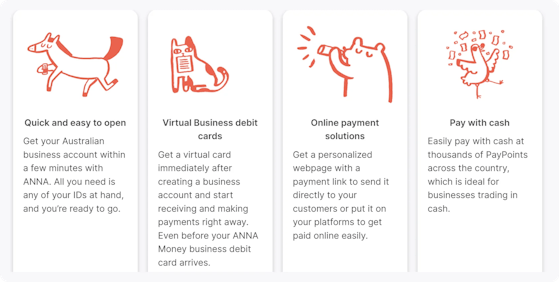
🔸 Key Features and Benefits:
- Swift Setup: Open your Australian business account quickly with a valid ID. No complicated steps or hidden fees.
- Immediate Virtual Cards: Receive a virtual debit card as soon as you create your business account, so you can start making or receiving payments instantly.
- Online Payment Solutions: Set up a payment link that you can share with customers, making it simpler for them to pay you directly online.
- Cash Handling Made Easy: Pay or deposit cash at thousands of PayPoints across the country – a handy option if your business often deals in cash.
- Integrated Admin Support: Enjoy helpful features like tax reminders, expense management, and a receipt-scanning tool. ANNA’s support ensures you stay organised without the extra strain.
Sign up now and be among the first to experience a hassle-free way to manage your business finances.


